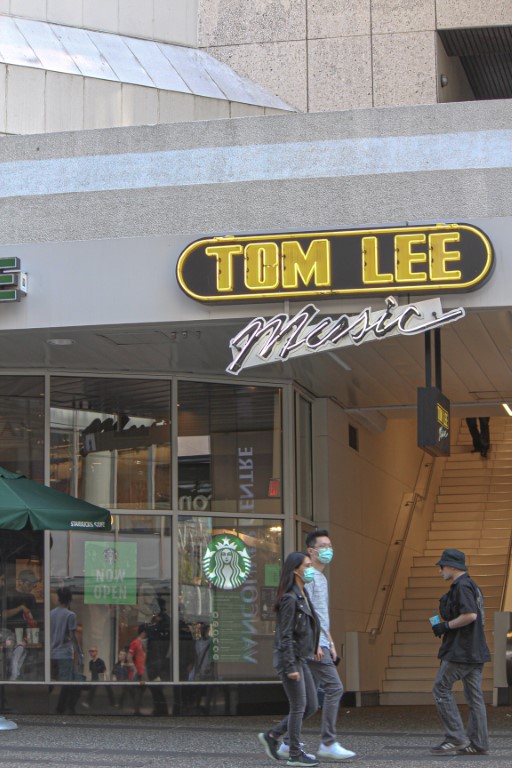
New West suggests water metering for homes
By Aaron Guillen, Staff Reporter
This past summer, BC temperatures reached all-time highs, fires lit up across BC, and water restrictions were imposed. Strict laws were announced via television screens and newspaper headlines reminding civilians to avoid using unnecessary amounts of water.
Now, the City of New Westminster has decided to approach this situation from another angle, in hopes to convince residents to be more watchful of their water usage.
New Westminster Environmental Partners have been encouraging the city to adopt a voluntary water metering system for homes. Andrew Murray, a member of the environmentally aware organization, explained to the New Westminster Record that a metering program is substantially better compared to the current flat-rate pricing system in the city.
“We are looking for water conservation, and water metering delivers that. People only have to pay for what they use under a water-metering pricing system,” Murray said.
“The evidence clearly indicates that for those who are prudent with their water use on water meters, they save a considerable amount of money on their water bills annually. Frankly, the savings are in the hundreds of dollars in some examples. That’s the problem with a flat-rate pricing system—it doesn’t reward those who conserve water.”
Steven Renzetti, an economics professor specializing in water at Brock University, spoke to the Globe and Mail about the benefits of this untapped money-saving scheme for many across the country. Renzetti argued that those who used a meter versus those who did not were separated by a 40–45 per cent in water usage.
According to the Globe and Mail, Vancouver’s introduction of mandatory water metering for new and renovated homes left over 85,000 homes with the flat-rate system. Similarly, the City of North Vancouver made almost 40 per cent of homes “meter-ready” for future universal system plans, but left the remainder on their own. The City of Richmond has been a frontrunner in the reach for complete water metering, aiming to implement mandatory water meters in every home by 2018.
Unsurprisingly, the controversy over the cost for water metering remains. With an estimated $1,000–1,500 price tag for each installation, many cities are swayed to look for other conservation methods.
Mayor Jonathan Cote said to the New Westminster Record that although the city briefly looked at metering back in 2008 and decided against it, the recent events over the past summer has made the council reconsider the project.
“Water meters are the wave of the future,” testified Renzetti. “In areas with growing population, pressure on water resources, anticipated challenges in meeting future demands, metering is going to be part of the equation.”


